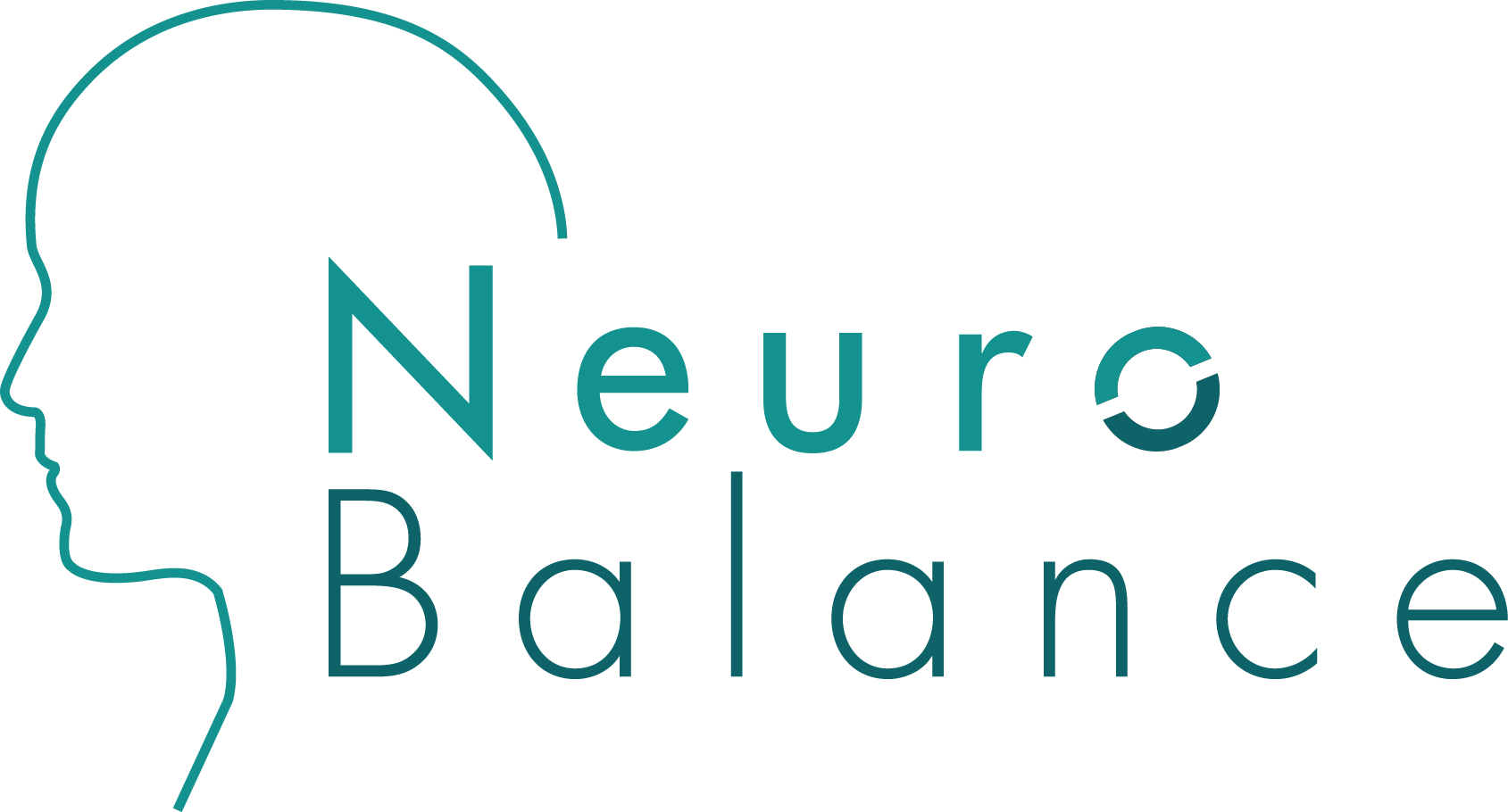When Children Become Caregivers: Understanding and Healing from Parentification
As a neurofeedback therapist, I’ve often heard stories that begin the same way: “I was just a kid, but I always felt like the parent.” It’s a statement loaded with unspoken struggles—an experience that’s more common than you might think. Imagine being eight years old and feeling responsible for your younger siblings, or perhaps having to comfort a parent going through a tough time. When children step into the role of a caregiver, a phenomenon known as parentification, they often lose out on the carefree childhood they deserve. But what exactly does parentification mean, and how does it shape the adults they grow into?
What is Parentification?
Parentification occurs when a child is forced to take on the responsibilities of a parent. This can happen in two primary forms: emotional and instrumental.
Emotional parentification is when a child becomes the emotional support system for a parent or sibling, often taking on the role of a confidant or caretaker.
Instrumental parentification, on the other hand, involves taking on practical tasks like cooking, cleaning, or managing household finances.
While a certain level of responsibility can be beneficial for children, helping them develop important life skills, parentification crosses a line when the child’s needs are consistently overlooked in favor of fulfilling adult responsibilities. This role reversal can be particularly damaging when it occurs over long periods, leading to significant emotional and psychological consequences.
Signs of Parentification
Recognizing parentification can be challenging, especially since the child involved may not see anything wrong with the situation—they’ve simply adapted to the demands placed on them. However, there are several signs to watch for:
Overdeveloped Sense of Responsibility: If a child is always concerned about others, often neglecting their own needs, this could be a red flag.
Difficulty Expressing Emotions: Parentified children may struggle to express their emotions, having learned to suppress their feelings to avoid burdening others.
High Levels of Anxiety or Stress: The pressure of adult responsibilities can lead to chronic stress or anxiety, which may persist into adulthood.
Perfectionism: The need to “get everything right” can stem from the fear of letting others down.
Challenges in Relationships: Adults who were parentified as children often have difficulty establishing boundaries and may either avoid relationships altogether or become overly dependent on their partners.
The Impact of Parentification
The long-term effects of parentification can be profound. According to Dr. Lisa M. Hooper, a leading researcher on the topic, parentified children often carry feelings of guilt and inadequacy into adulthood. They may feel responsible for the happiness of others, even at the expense of their own well-being.
Research has shown that these individuals are at a higher risk of developing mental health issues such as anxiety, depression, and burnout. The constant pressure to perform and care for others can also lead to a phenomenon known as “compassion fatigue,” where the individual becomes emotionally drained and less able to empathize with others.
Healing from Parentification
Healing from the effects of parentification requires a multifaceted approach, often involving both therapy and self-care practices. Here’s how individuals can begin to recover:
Acknowledge the Past: Understanding and accepting that parentification occurred is the first step towards healing. This might involve working with a therapist to explore childhood experiences and their impact on adult life.
Set Boundaries: Learning to set healthy boundaries is crucial. This might mean recognizing when it’s okay to say no or when to prioritize one’s own needs over the demands of others.
Engage in Self-Care: Regular self-care is vital for replenishing emotional reserves. This can include anything from physical activities to hobbies that bring joy and relaxation.
Seek Professional Help: Therapy, particularly neurofeedback therapy, can be highly beneficial in reprogramming the brain’s responses to stress and anxiety. It helps individuals learn how to regulate their emotions more effectively, reducing the lingering effects of parentification.
Build Healthy Relationships: Fostering relationships where mutual support is the norm, rather than one-sided caregiving, is essential. This might involve re-evaluating existing relationships and making changes to ensure they are balanced and fulfilling.
Moving Forward
Parentification is a complex issue with deep roots, but it’s important to remember that healing is possible. By acknowledging the past and taking active steps towards self-care and emotional regulation, individuals can break free from the patterns instilled in childhood. As a neurofeedback therapist, I’ve seen firsthand how powerful the journey of healing can be—helping individuals not only reclaim their sense of self but also find joy in living life on their own terms.
It’s time to let go of the heavy burden that was never yours to carry and embrace the life you deserve.
-A Balanced Brain is a Better Brain for a Happier Life-
